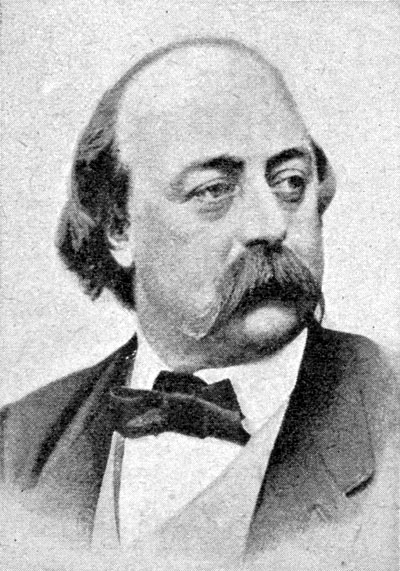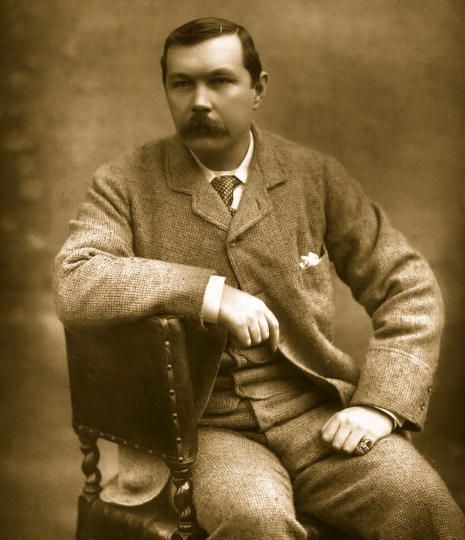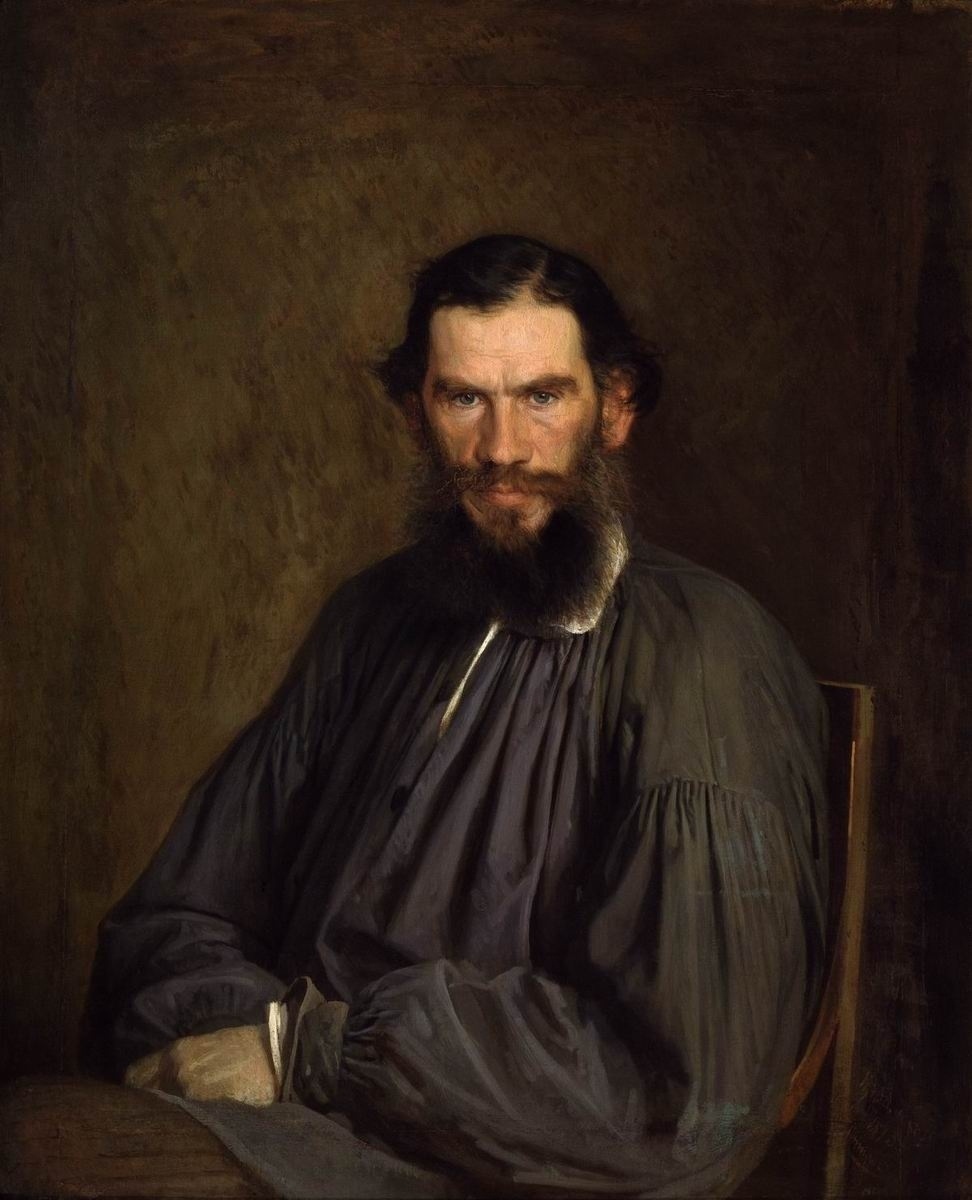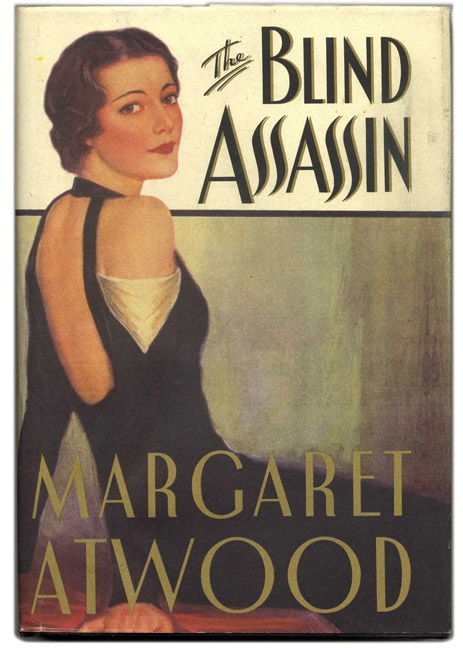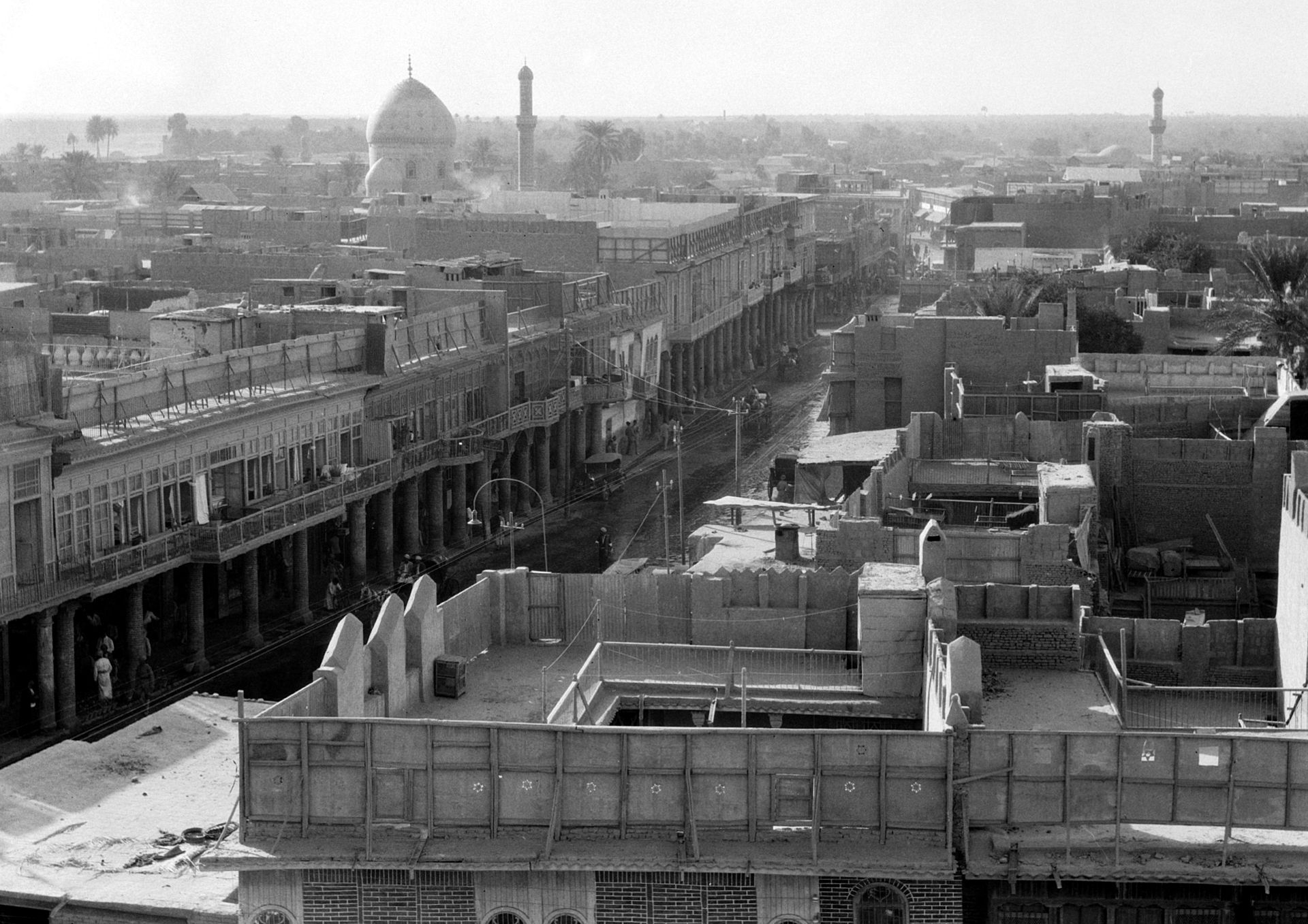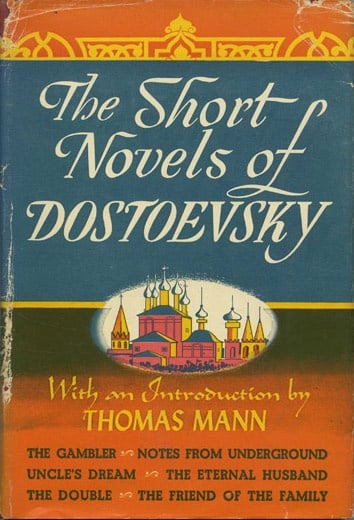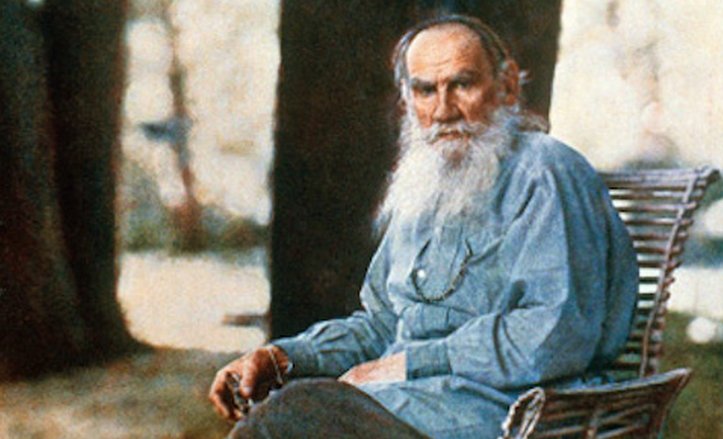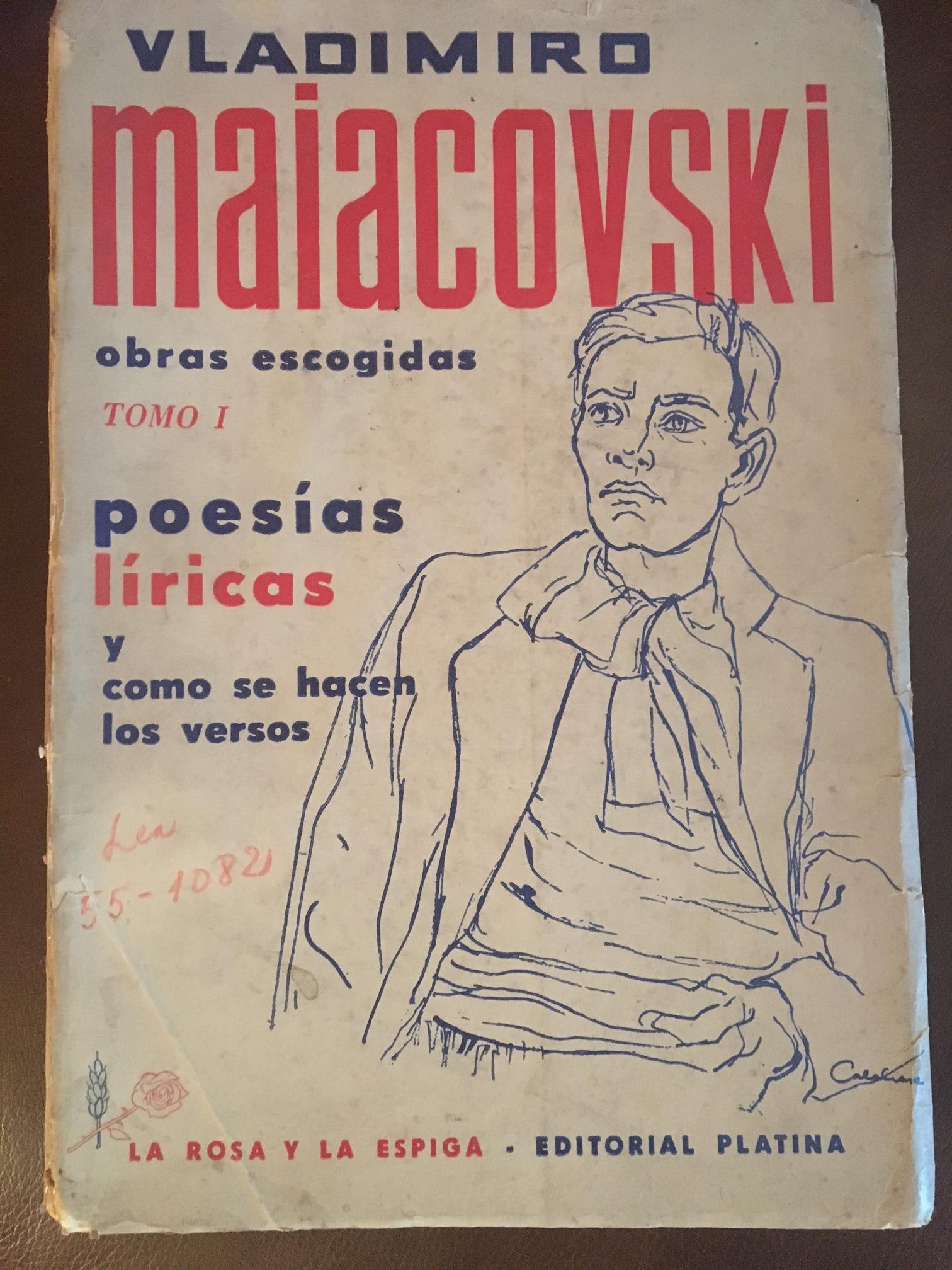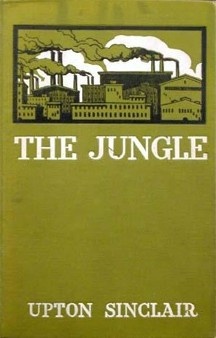French novelist Gustave Flaubert is remembered for his influence on literary realism and for his debut novel Madame Bovary. Flaubert was born in France in 1821. He began writing at an early age and published his first novella in 1842, though he went on to school to study law. In 1846, however, Flaubert quit school and devoted himself to writing. While not nearly as prolific as his contemporaries, he published over ten novels in his life, and his letters to writer George Sand, among others, have been collected and published numerous times. Here are some things you might not know about one of France's most important writers.
us toll free: 1-800-948-5563 international: +1 (843) 849-0283 UK: +44 (0) 1334 260018




